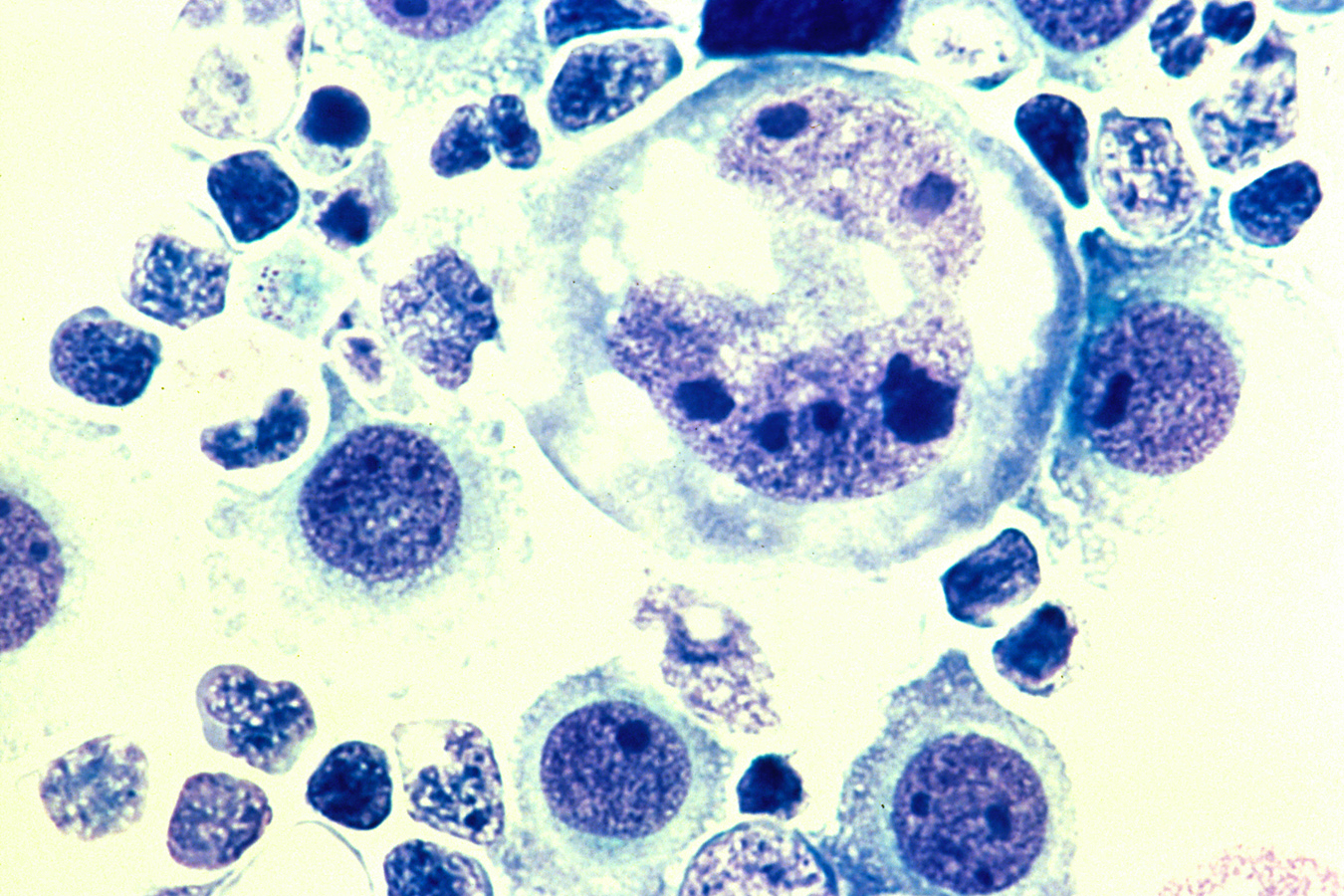
Cell therapies zero in on cancer cells, but tumors can still find ways to evade such targeted approaches. ImmPACT Bio’s cell therapies are designed to prevent tumor escape and the clinical-stage biotech has raised $111 million to advance their development.
The Series B round of financing announced Thursday was led by venBio Partners. It comes as Camarillo, California-based ImmPACT reports encouraging early clinical data indicating how its treatment, part of the next generation of personalized cell therapies, is working in patients.
CAR-T drugs, the first generation of cell therapies for cancer, are made by engineering a patient’s T cells to target tumors. The first two such cell therapies, Kymriah from Novartis and Gilead Sciences’ Yescarta, are both engineered to target CD19, a protein found on the surface of tumor cells in certain blood cancers. While these treatments help many patients, cancer continues to be crafty. The targeting of CD19 can lead to the loss of that antigen on tumors, which in turn enables the cancer to escape the CAR-T therapy. CD19 antigen loss is one of the causes of relapse in patients who have received CAR-T treatment.
ImmPACT is developing cell therapies that are bispecific—they’re designed to go after two targets on a cancer cell. The company’s lead program is a T cell engineered to target both CD19 and CD20, another cancer protein. This cell therapy is being developed for blood cancers. A Phase 1 study is evaluating the treatment in patients whose B-cell non-Hodgkin’s lymphoma has relapsed or has not responded to earlier therapies.
On Thursday, ImmPACT reported updated clinical data from the first set of patients. In eight patients who received the ImmPACT cell therapy to date, the company reported that seven achieved and maintained complete remission. The median follow-up time in these patients was 12 months. Neurotoxicity or cytokine release syndrome, both risks of CAR-T therapy, have not been problems in this study so far, and the cell therapy has been well tolerated by patients. ImmPACT said it would present the data at a future scientific meeting.
The bispecific CAR-T technology comes from Kalthera, which merged with ImmPACT last year. Kalthera’s science was based on research from UCLA scientists Yvonne Chen and Antoni Ribas. ImmPACT emerged in 2020, backed by an $18 million Series A round of funding. The company was developing engineered T-cell therapies that target the loss of genes in solid tumors, based on the research of Gideon Gross at the MIGAL-Galilee Research Institute. That research is now part of a second ImmPACT technology platform with a program in preclinical development. A third platform is being used to develop CAR cells that target TGF-beta, a cytokine, or signaling protein, that plays a role in regulating cancer cells. The goal is to convert the immunosuppressive effect of this cytokine into a T-cell stimulating one. That research is also preclinical.
ImmPACT said that it will use the Series B cash to continue development of its CAR-T therapies. In addition to the capital infusion, ImmPACT also announced the appointment of a new CEO, Sumant Ramachandra, who is the former chief science, technology, and medical officer of Baxter International. Ramachandra’s experience includes senior roles at Pfizer and Hospira.
“We are encouraged by these initial results of our Phase 1 clinical study and look forward to advancing our pipeline of transformative next-generation CAR T-cell therapies that harness the immune system and address key challenges for current cell therapies in cancer,” Ramachandra said in a prepared statement.
ImmPACT’s latest financing included co-lead investments from Foresite Capital and Decheng Capital. Other participants in the round are Surveyor Capital and earlier investors OrbiMed, Novartis Venture Fund, RM Global Partners, and Bukwang Pharmaceutical.
Public domain image by the National Cancer Institute










